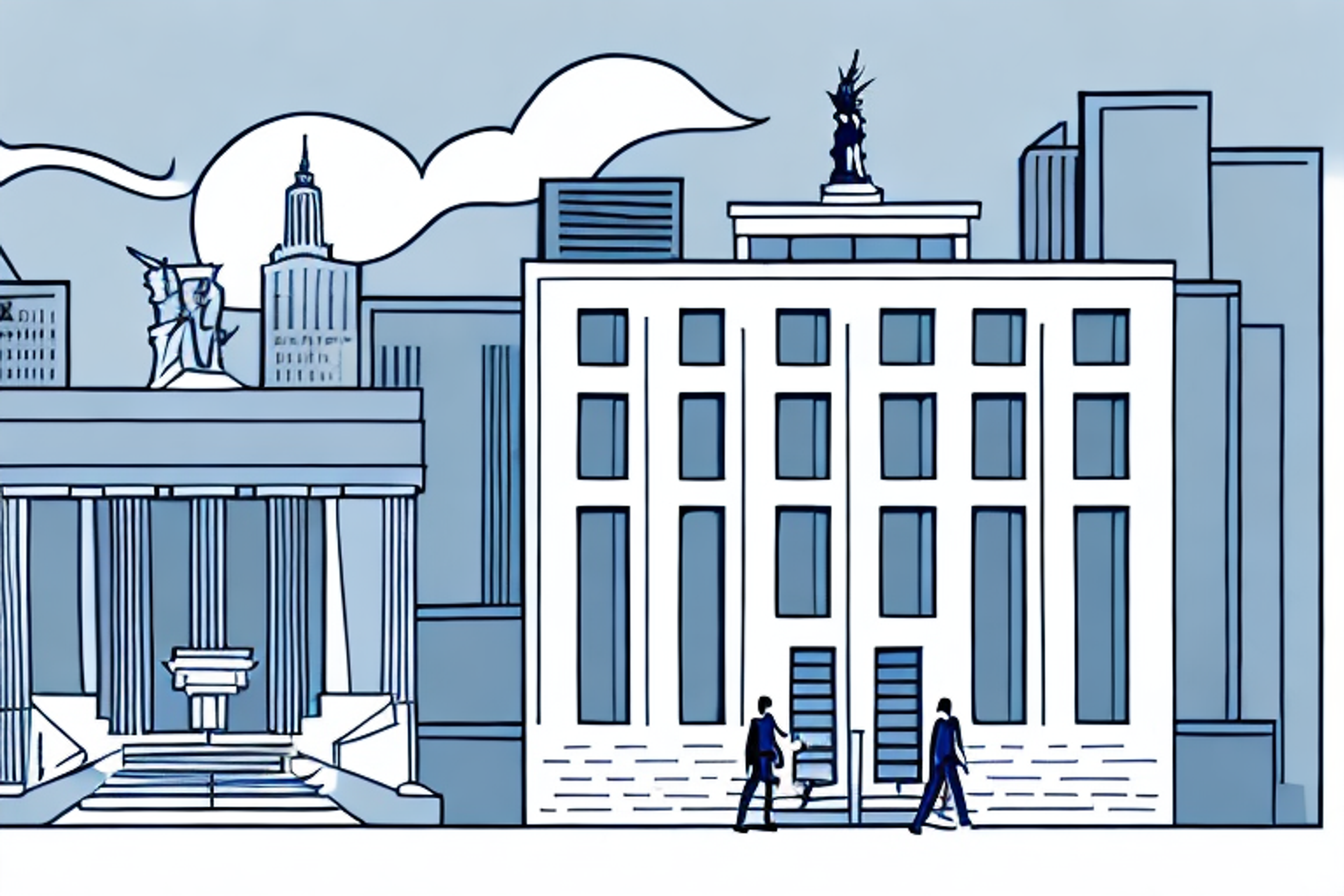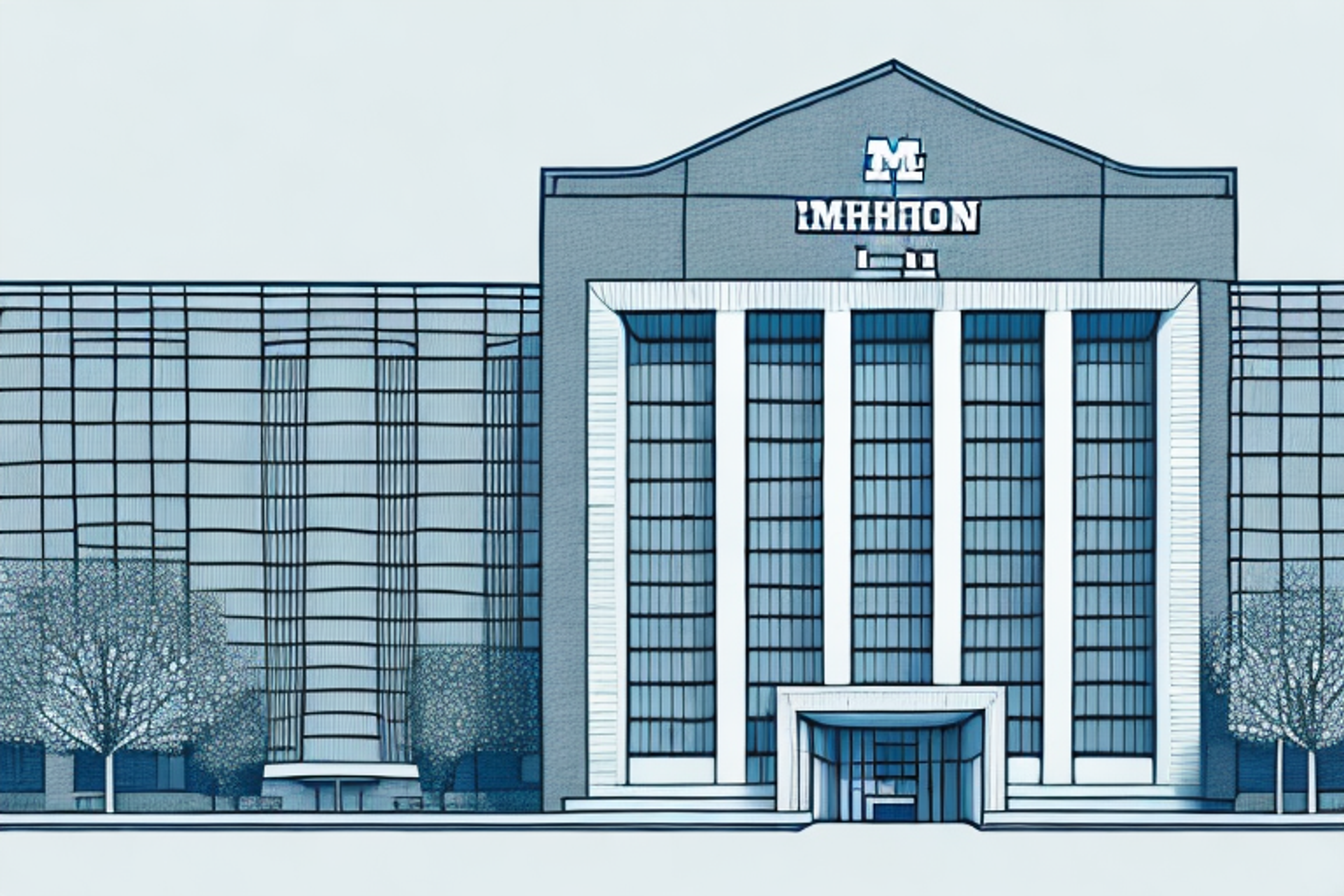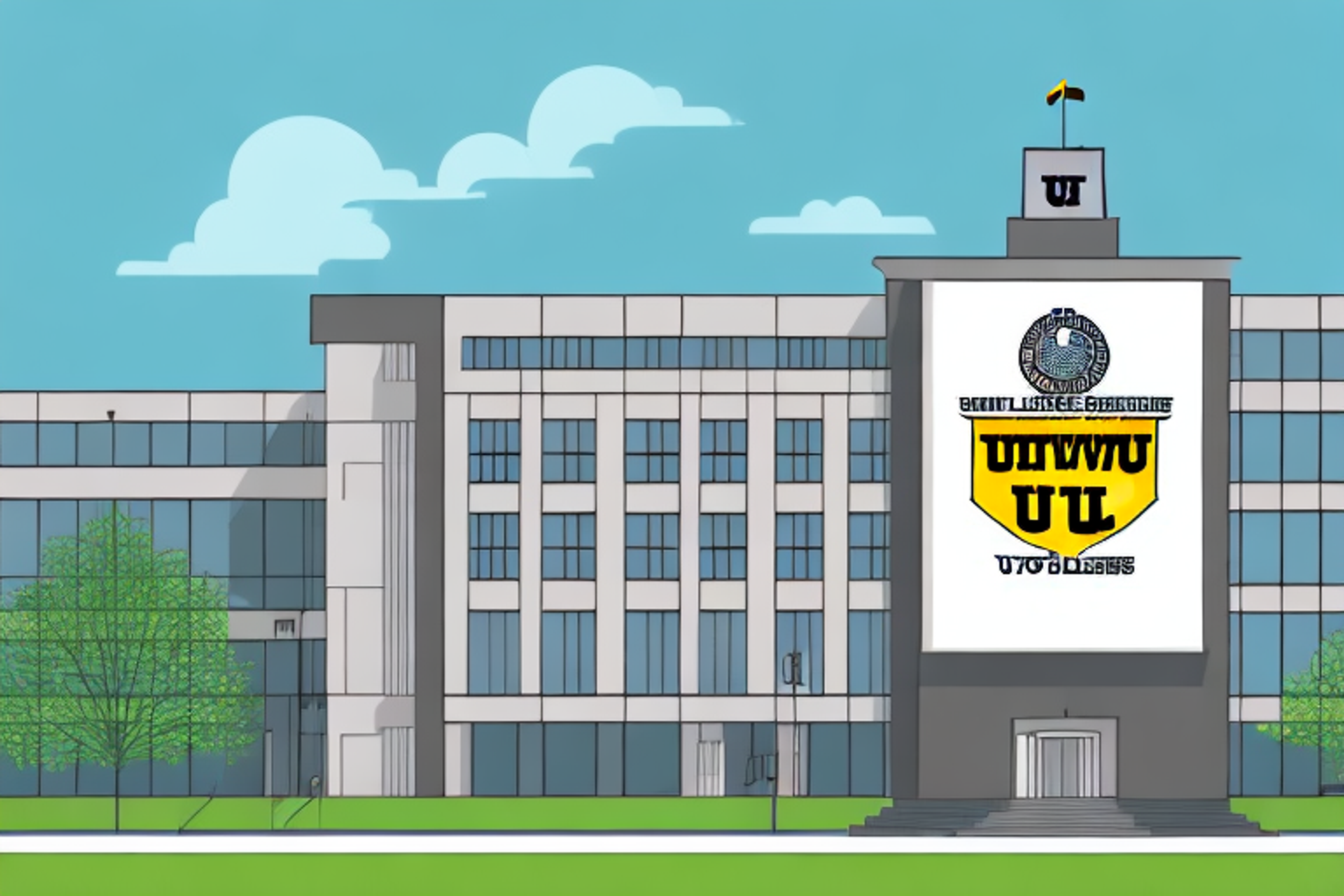A Guide to the University of Minnesota Law School Interview Process
Are you preparing for your University of Minnesota Law School interview? Our comprehensive guide covers everything you need to know, from what to wear to common interview questions.
Posted March 6, 2025

Table of Contents
Free Event

Featuring Indrani S.
Law School App Office Hours with a Former Stanford AdCom Member
Starting Thursday, April 17
11:30 PM UTC · 45 minutes

Featuring Indrani S.
If you are considering attending the University of Minnesota Law School, you should be well-prepared for the school's rigorous and competitive interview process. In this guide, we will provide you with everything you need to know to make the best possible impression during interviews and make the most of this important opportunity.
Preparing for the Interview: Tips and Tricks
Before your interview, you should do several things to prepare yourself. Firstly, you should research the University of Minnesota Law School extensively, learning about its history, programs, faculty, and student culture. Read about current events at the school and make sure to follow the school on social media platforms like Twitter and LinkedIn.
Additionally, review your application materials and think about questions that may arise from them. Prepare concrete examples of your experiences, skills, and values to highlight your strengths and demonstrate your fit with the school. Finally, familiarize yourself with the interview format and expectations by seeking advice from current or former students, admissions officers, or other resources.
It is also important to dress appropriately for the interview. Dress in professional attire that is comfortable and makes you feel confident. Avoid wearing anything too flashy or distracting, and make sure your clothes are clean and wrinkle-free. Remember, first impressions are important, and dressing professionally shows that you take the interview seriously and are prepared to represent yourself well.
What to Expect During the Interview: Types of Questions
The University of Minnesota Law School interview usually lasts around 25-30 minutes and consists of a combination of traditional and behavioral questions. Traditional questions may include inquiries about your academic background, professional experience, and reasons for pursuing law. Behavioral questions, on the other hand, focus on how you handle specific situations or challenges, and often start with phrases like "Tell me about a time when…" or "How would you handle…" Be sure to answer all questions thoughtfully and honestly, and use specific examples to illustrate your points.
It is also important to note that the interview may include questions about your knowledge of the law school and its programs. You should research the school beforehand and be prepared to discuss why you are interested in attending and how you see yourself fitting into the community. Additionally, the interviewer may ask about your long-term career goals and how attending law school fits into those plans. It is a good idea to have a clear idea of your career aspirations and how a law degree will help you achieve them.
Dressing for Success: How to Make a Good Impression
It's important to dress appropriately for your interview to make a good impression. Business attire is generally expected, but you don't have to break the bank to look professional. Choose clean, well-fitted clothing in conservative colors and styles. Avoid strong perfumes or colognes and keep makeup and jewelry understated. Remember that your appearance is just one aspect of the impression you will make; your words and demeanor will ultimately have the greatest impact.
In addition to dressing appropriately, it's also important to research the company culture and dress code beforehand. Some companies may have a more casual dress code, while others may require more formal attire. You can also consider adding a personal touch to your outfit, such as a pop of color or a unique accessory, to show off your personality while still maintaining a professional appearance. Remember, dressing for success is about finding the right balance between professionalism and individuality.
Who Will You Meet? Understanding the Interview Panel
The interview panel at the University of Minnesota Law School usually consists of two members: an admissions officer or dean and a faculty member or an alumnus. You may receive notification about your interviewers in advance but if you don't, don't worry. Just be ready to engage and connect with whomever you meet.
It's important to remember that each member of the interview panel has a specific role and perspective. The admissions officer or dean is typically responsible for evaluating your application and assessing your fit for the program, while the faculty member or alumnus may be more interested in your academic background and potential for success in the field.
During the interview, try to address both perspectives by highlighting your strengths and experiences that align with the program's goals and values. Be prepared to answer questions about your academic and professional background, as well as your personal interests and motivations for pursuing a law degree.
Common Mistakes to Avoid During the Interview: Lessons from Past Applicants
Interviewing at a law school can be stressful, and even the smallest mistake can leave a negative impression. Here are some common errors made by past applicants that you should avoid:
- Arriving late or too early for the interview
- Appearing unprepared or disorganized
- Sharing too much personal information
- Interrupting or talking over the interviewers
- Appearing arrogant or overly aggressive
- Not demonstrating a genuine interest in the school or the legal profession
Avoiding these pitfalls and presenting yourself in a professional and authentic manner will greatly increase your chances of making a positive impression.
Another common mistake to avoid during the interview is not asking thoughtful questions. The interview is not just an opportunity for the school to learn about you, but also for you to learn about the school and determine if it is the right fit for you. Come prepared with questions that demonstrate your interest in the school and the legal profession. Additionally, make sure to listen carefully to the interviewer's responses and ask follow-up questions to show that you are engaged and interested.
The Role of the Interview in Law School Admissions: What You Need to Know
While the interview is just one factor in the law school admissions process, it can play an important role in your overall application. The interview provides admissions officers with an opportunity to assess your interpersonal skills, communication abilities, and passion for the law. Additionally, the interview can support the rest of your application by providing more storytelling opportunities and showcasing your fit with the school. Therefore, it's crucial that you put your best foot forward during the interview.
How to Follow Up After Your Interview: Best Practices and Next Steps
Following up after the interview can help you demonstrate your continued interest in the school and build relationships with the interviewers. A thank-you email within 24 hours of the interview can show your appreciation for their time and reiterate your enthusiasm for the school. You can also consider sending additional materials that highlight your qualifications or clarify answers you gave during the interview. Finally, be prepared to follow up with the admissions office if you haven't heard a decision within the expected timeframe.
Navigating the University of Minnesota Law School Admissions Process
After your interview, you may still have questions about the admissions process at the University of Minnesota Law School. Some important things to note include:
- The school uses a rolling admissions process
- Applications are reviewed holistically, considering your academic background, professional experience, personal statement, letters of recommendation, and interview performance
- Decisions are typically communicated within a few weeks of completing all application requirements
- If you are accepted, you will receive a welcome packet that includes information about financing your education, housing options, and orientation
If you're still unsure about any aspect of the process, don't hesitate to reach out to the admissions office for clarification.
Tips for Crafting a Standout Personal Statement: Insights from Admissions Officers
One of the most important components of your law school application is your personal statement, which should showcase your writing, analytical, and critical thinking skills. Admissions officers at the University of Minnesota Law School recommend focusing on a clear thesis or theme, providing a unique and personal perspective, and using concrete examples to illustrate your points. Additionally, be sure to proofread and edit your statement thoroughly to avoid errors or vague language.
The Importance of Extracurriculars in Law School Admissions: Strategies for Success
Extracurricular activities can demonstrate your leadership skills, community involvement, and engagement in the legal profession. At the University of Minnesota Law School, admissions officers look for applicants who are well-rounded and show a commitment to their interests outside of the classroom. Therefore, it's important to choose extracurricular activities that align with your interests and goals and can demonstrate your unique skills and experiences.
Financing Your Legal Education: Scholarships, Grants, and Loans Explained
Law school can be an expensive investment, but there are a variety of financial aid options available to help ease the burden. At the University of Minnesota Law School, students can apply for scholarships, grants, and loans through the school's financial aid office. Additionally, some private organizations or employers may offer financial assistance. It's important to research and apply for scholarships and grants early and to carefully consider your loan options. If you have questions about financing, the financial aid office can provide guidance and assistance.
Life at the University of Minnesota Law School: Insights from Current Students and Faculty
Although the admissions process and academic rigor are important considerations when choosing a law school, it's also crucial to think about how you will fit into the school's community and culture. At the University of Minnesota Law School, students and faculty pride themselves on a collaborative and supportive environment, as well as opportunities to engage with real-world legal issues and social justice. Current students and alumni can provide valuable insight into life at the school, and attending admitted student events or reaching out through social media can help you get a better sense of the school's community and values.
Making the Most of Your Legal Education: Career Planning and Professional Development Opportunities
After you start law school, your focus will shift to your coursework and career planning. The University of Minnesota Law School offers a variety of resources to help you succeed both academically and professionally. These may include career services like job fairs, mentorship programs, and alumni networks, as well as experiential learning opportunities like internships, externships, and clinics. Additionally, participating in student organizations or journals can help you develop specialized skills or interests that may benefit your future career.
Alumni Profiles: Success Stories from Graduates of the University of Minnesota Law School
Finally, it's important to consider the outcomes of a law school's education by looking at the success stories of its alumni. The University of Minnesota Law School has a diverse range of graduates who have gone on to have successful careers in law, government, business, and other sectors. By researching alumni, you can get a sense of the type of career paths and opportunities that may be available to you after graduation.
We hope this guide has provided you with a comprehensive understanding of the University of Minnesota Law School interview process and admissions process, as well as tips and resources to help you succeed. Good luck in your law school journey!










